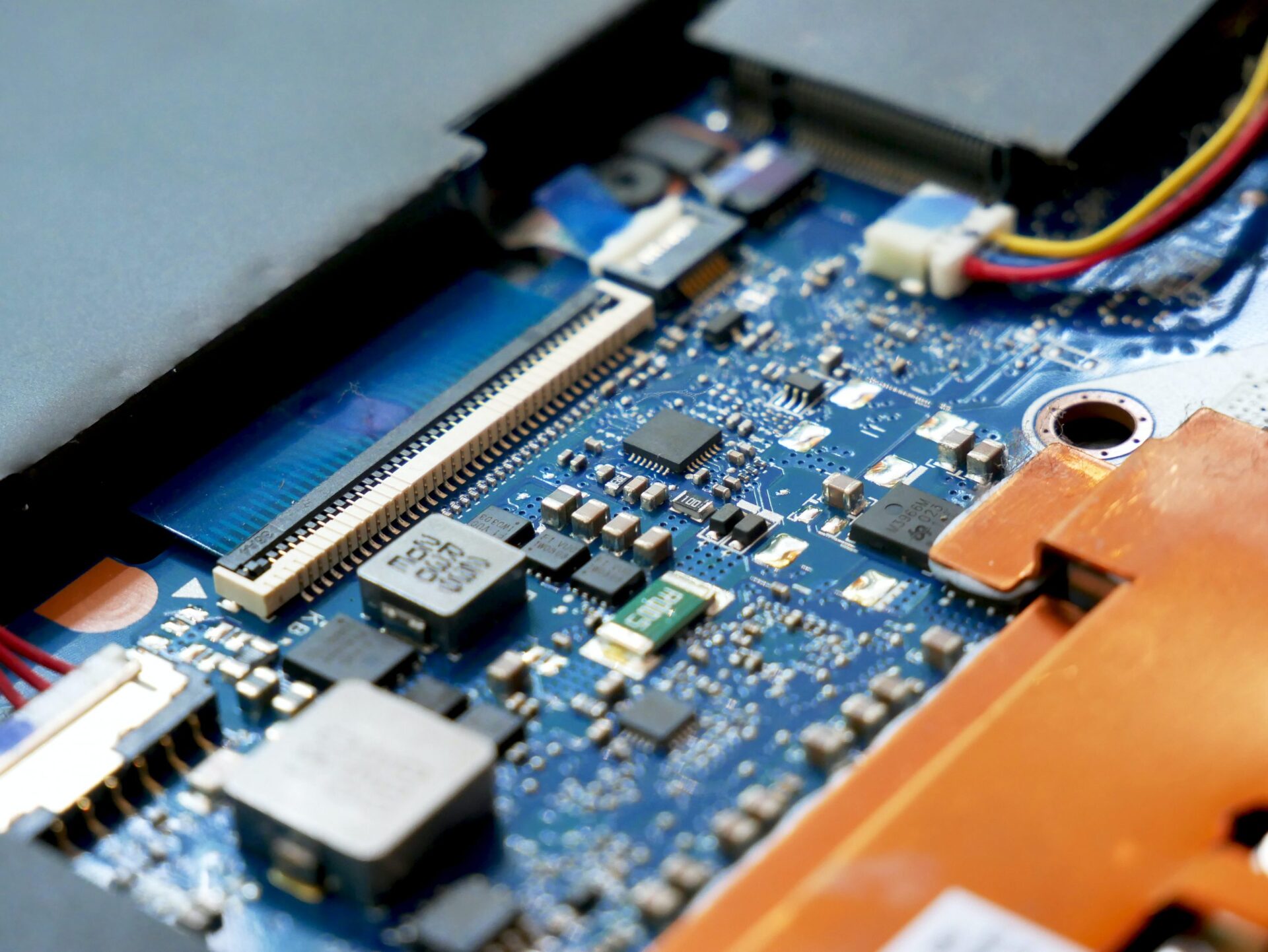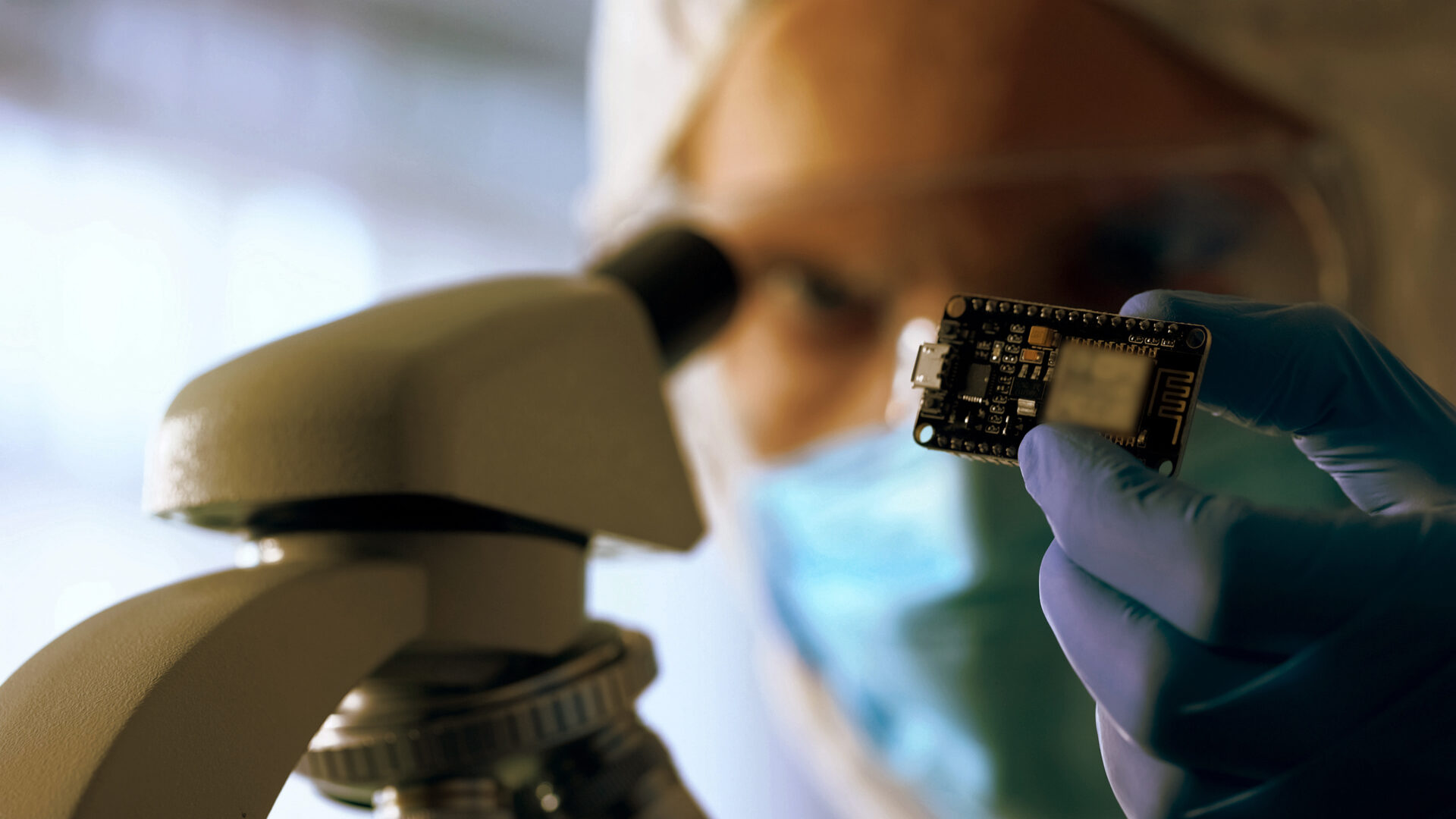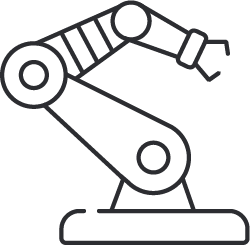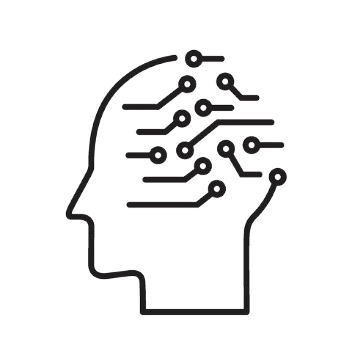Why Now?
The global chip shortage propelled a national conversation on the need to promote the American semiconductor industry and partner with allies, like Taiwan, through onshoring likeminded nations’ technologies to America.
- Semiconductors are an essential component of everything from cell phones to cars to defense technologies.
- The U.S. and its allies must promote efforts to on-shore, near-shore, and allied-shore multiple aspects of the semiconductor supply chain. Next generation chips must be designed and developed in the U.S. and allied countries.
- Investing in workforce development is essential to build a robust semiconductor manufacturing base in the U.S. Purdue University is the leading way, launching the only interdisciplinary MS degree focused entirely on the area of semiconductors and microelectronics offered at any of the top-10 ranked Engineering Colleges in the country.


Thomas Sonderman
CEO, SkyWater Technology; a DMEA-Accredited Trusted Semiconductor Foundry
Commissioner for Semiconductors and Microelectronics
The historic investments made through the CHIPS & Science Act will strengthen domestic manufacturing, supply chains and national security, and we must develop the workforce required to expand the U.S. semiconductor ecosystem and bolster research and development. Public-private partnerships and industry coalitions are key to ensuring America’s continued leadership in innovation and securing technological advancements. I’m pleased to have been chosen by the Global Tech Security Commission to represent the semiconductor sector and to align with the other commissioners on strategies to safeguard freedom and the technologies of tomorrow.
Startup founders are from Mars, policymakers are from Venus
Krach: “What I discovered during my public service as the Under Secretary of State was that Silicon Valley tech entrepreneurs and Washington politicians don’t speak the same language. They may as well be from different planets.
To lawmakers, terms like 5G, AI, EV, quantum are meaningless. Until we brought the TSMC fab to the U.S. and architected the CHIPS and Science Act, “chips” were something you ate.
To the startup crowd, techies, and engineers, foreign policy is really foreign. There is not much of an appreciation for how much their work impacts national security. If you’ve ever watched Congressional hearings about high tech, they’re entertaining and scary at the same time.”








